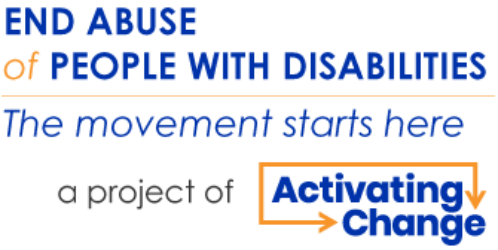Supporting Deaf & DeafBlind Survivors
Deaf people are 1.5-5 times more likely than hearing people to experience domestic and sexual violence. Despite being at greater risk, they face significant barriers to accessing victim services. Many mainstream hearing programs want to serve Deaf survivors, but are often unaware of the unique experiences and cultural values of Deaf survivors and are not prepared to provide sign language interpretation.
The Vera Institute of Justice brought together some of the country’s leading experts in supporting Deaf and DeafBlind survivors to answer the field’s most pressing questions about how to support survivors from these communities and best practices for finding and working with qualified interpreters. We created a series of videos about Deaf and DeafBlind culture, best practices for working with Deaf and DeafBlind survivors, and how to find qualified interpreters. There is also a panel discussion highlighting key factors that contributed to a successful partnership between a hearing and Deaf organization.
This video series features five leaders in the Deaf and DeafBlind communities: Roberta Eaton and Najma Johnson with DAWN, Liam Esposito and Amber Hodson with DeafHope, and Raylene Lotz with the Vera Institute of Justice. The videos were filmed in American Sign Language and created by a Deaf video producer, Elizabeth Sorkin.
To make them more accessible for a hearing audience, voice over audio was added. Closed captions are also available.
